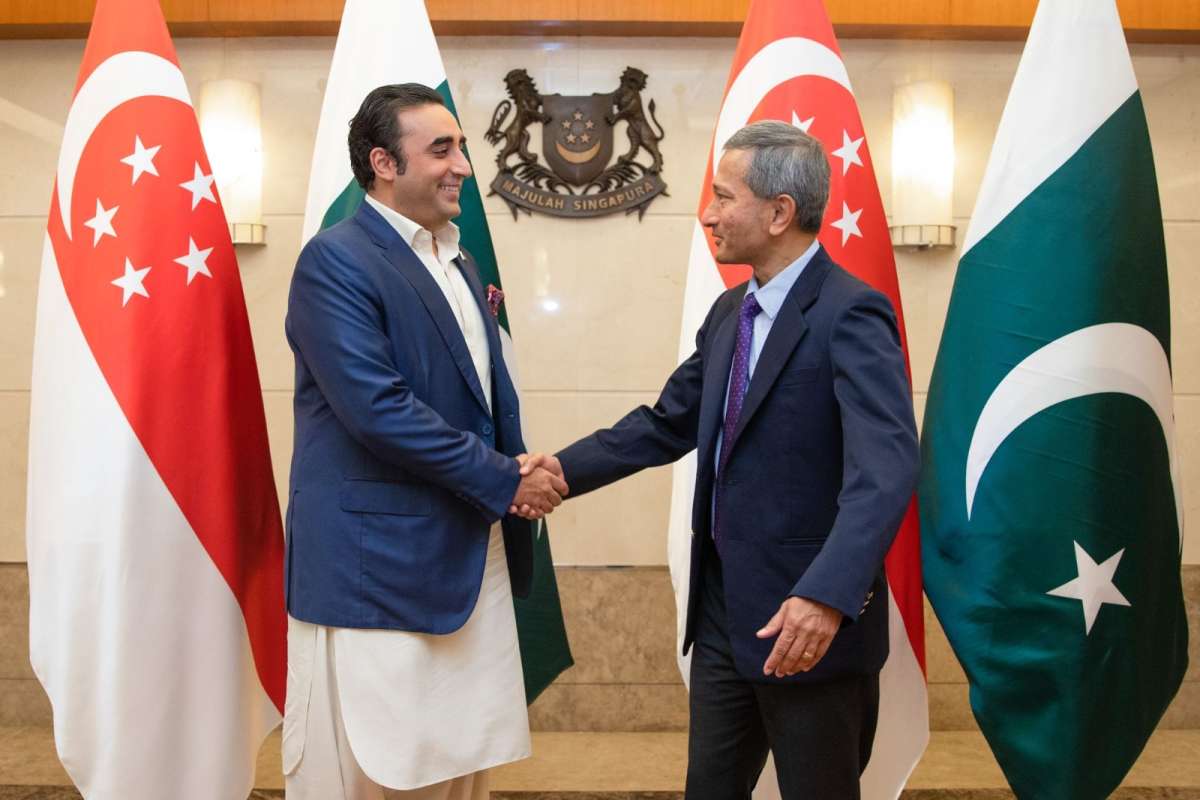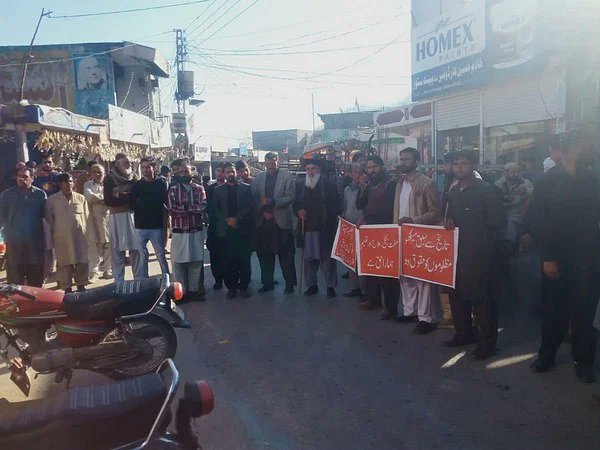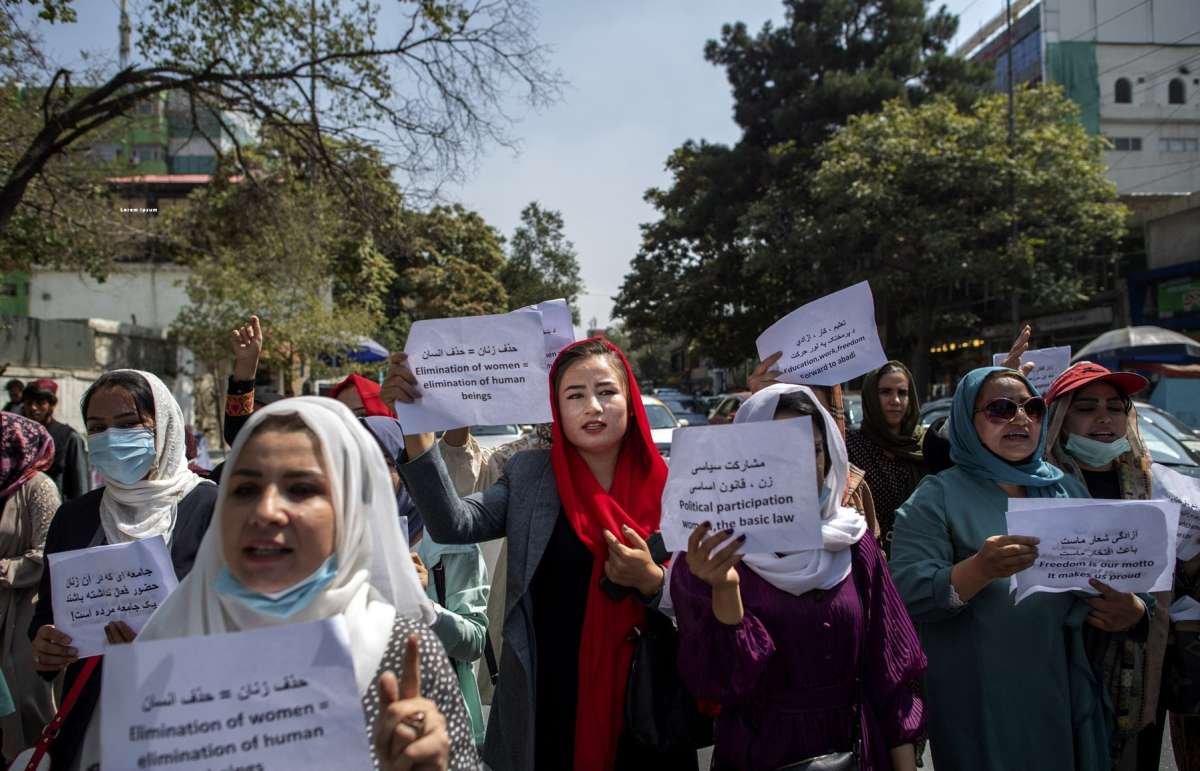Using vulgar and un-parliamentary expressions in public against adversaries– politicians and even the general public– is an established Pakistani tradition where politics is played without observing the etiquettes of decency … writes Dr Sakariya Kareem
India has taken exception to the potty language used by the ‘Pappu’ Foreign Minister of Pakistan, Bilawal Zardari Bhutto, against Prime Minister Narendra Modi. India may have taken the right course, but don’t hope that it will have a sobering effect on him or Pakistani politicians’ proclivity to hurl invectives against Indian leaders.
Using vulgar and un-parliamentary expressions in public against adversaries– politicians and even the general public– is an established Pakistani tradition where politics is played without observing the etiquettes of decency.
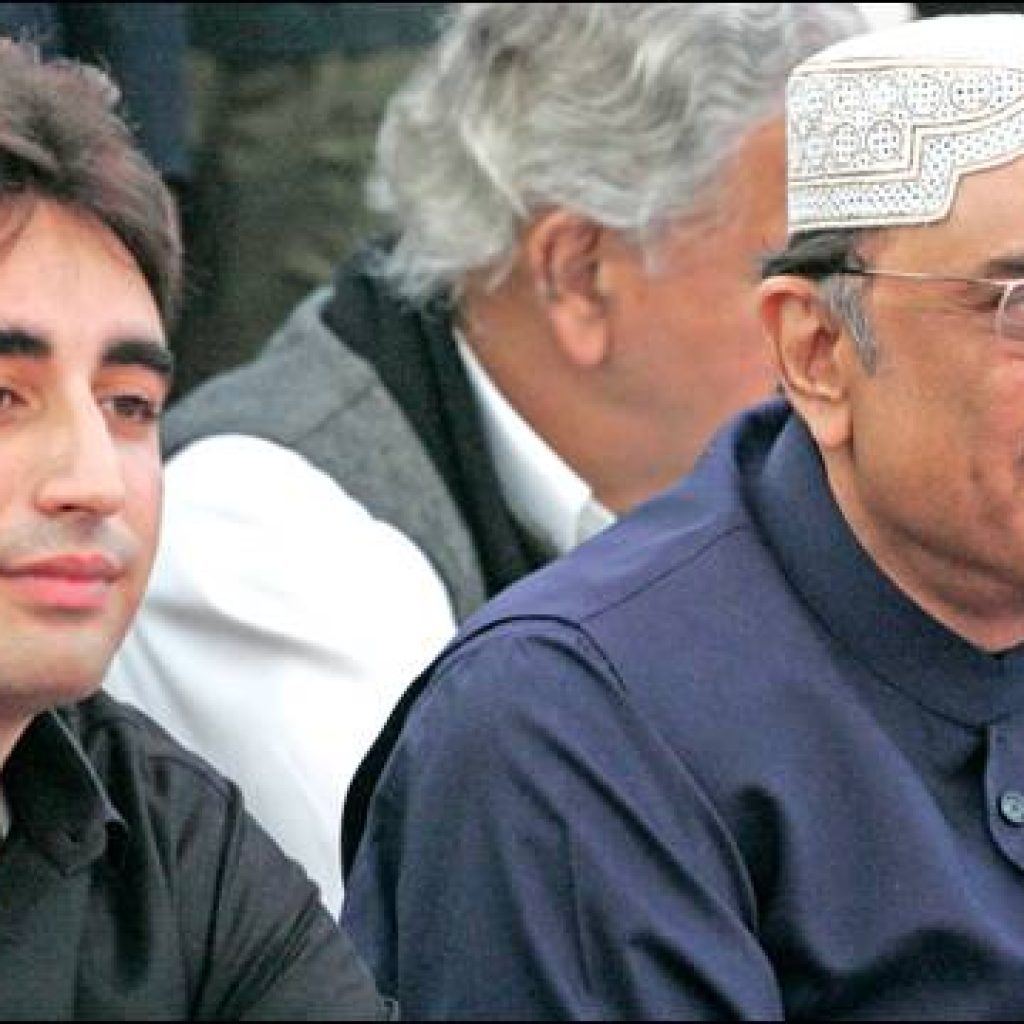
Imran Khan’s public outbursts with free use of all that will be classified as ‘un-parliamentary’ would prove that.
Many Indians are believed to have given up watching TV ‘news’ because there is virtually no ‘news’ in the programmes but plenty of ‘action’—shouts, calling names, humiliations and ‘arguments’ based on fiction.
This is not very different from what the Pakistani TV viewers are fed. Actually, they get better and offer more ‘entertainment’ with free expression of expletives and the participants in TV shows converting the studio into a wrestling arena where the anchor has as good a chance as a rival in being hit smack on the face.
It may be added that such scenes are also sometimes enacted in the provincial legislatures and the Federal Assembly (Parliament) of Pakistan and it becomes an engrossing clip for millions of Pakistanis. If anything, the circulation of videos of such scenes seems to spur more such activities in the belief of an Urdu saying that says if you attract bad publicity you also become famous!
The Pakistani TV journalists do take offence and question the perpetrators of using foul words and display of violence. But the offending politicians are smart enough to justify their egregious behaviour.
A politician who had used the word ‘Randi’ for a rival female politician saw nothing wrong in it as ‘Randi’ was the Urdu word for a widow. To lend more weight to his argument, he added that in the province of Punjab such a word is not considered bad. The social sanctity granted to certain words and phrases cannot be ridiculed.
Clearly, Bilawal is a cut above the rest of Pakistani politicians for whom foul expressions are common in their day-to-day conversations and speeches. After all, the Pakistani minister is a grandson of Zulfiqar Ali Bhutto who had once shocked an audience in Lahore by using a four-letter word.
Known to love the good life, the Islamists in Pakistan used to denounce Bhutto’s un-Islamic way of life, including his love for alcohol.
‘Yes, I drink, but I don’t drink the blood of the people,’ he said words to that effect in 1977 when he was still the prime minister. The reference to blood suckers was a rounded berating of his political enemies who had launched a campaign against him.
Bilawal choosing an Indian prime minister as a special target of his profanity may appear to be quite natural, given the traditional intensity of hatred of Indian leaders among the Pakistanis. But, again, the impulse must have been inherited by him from his grandfather as well as his mother, Mohtarma Benazir Bhutto.
Pakistan’s birth can be said to be the result of an uncompromising, inherent hatred for India among the great majority of Pakistanis, but Zulfiqar Ali Bhutto took it to a new height with his infamous declaration that Pakistanis would wage a thousand-year with India and would eat grass in continuing an eternal war.
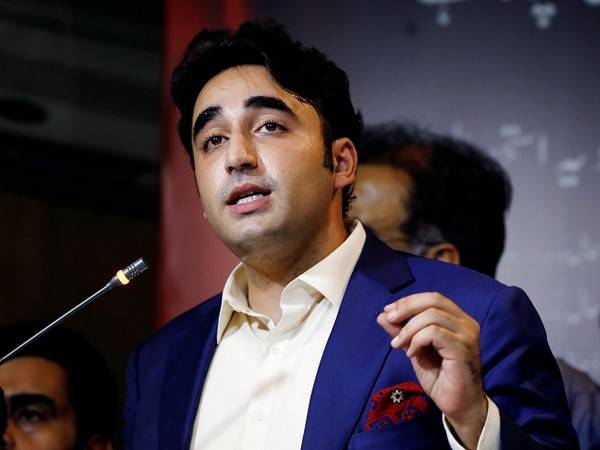
Bilawal’s mother, growing out of her fun-loving teen years, shared her father’s passion against India and, apparently, so does young Bilawal. He has become an important minister at an age younger than the Bhutto who as prime minister was ousted in a coup by a general who hanged him on ‘court orders’ which held him guilty of complicity in the murder of a politician.
Bilawal’s father, Asif Ali Zardari, was not born with an inveterate hatred for India. In fact, soon after becoming President of Pakistan in 2008, he spoke of his desire to have warm relations with India, a country, which, he said rested in the hearts of every Pakistani.
Not surprisingly, the powerful men at the GHQ were furious and the President of the country had to bow to the wishes of the generals and do a U-turn on his views in India.
Bilawal may or may not have heard of his father’s humiliation at the hands of the de facto rulers of the country, but his mother’s dominant influence would have eliminated any chance of Bilawal being anything but a strong hawk vis-à-vis India. Reacting to India’s strong censure of Bilawal, Pakistan has sounded even more unrepentant and aggressive. Well, what can be expected from the land of the pure, as the Pakistanis describe their country.


